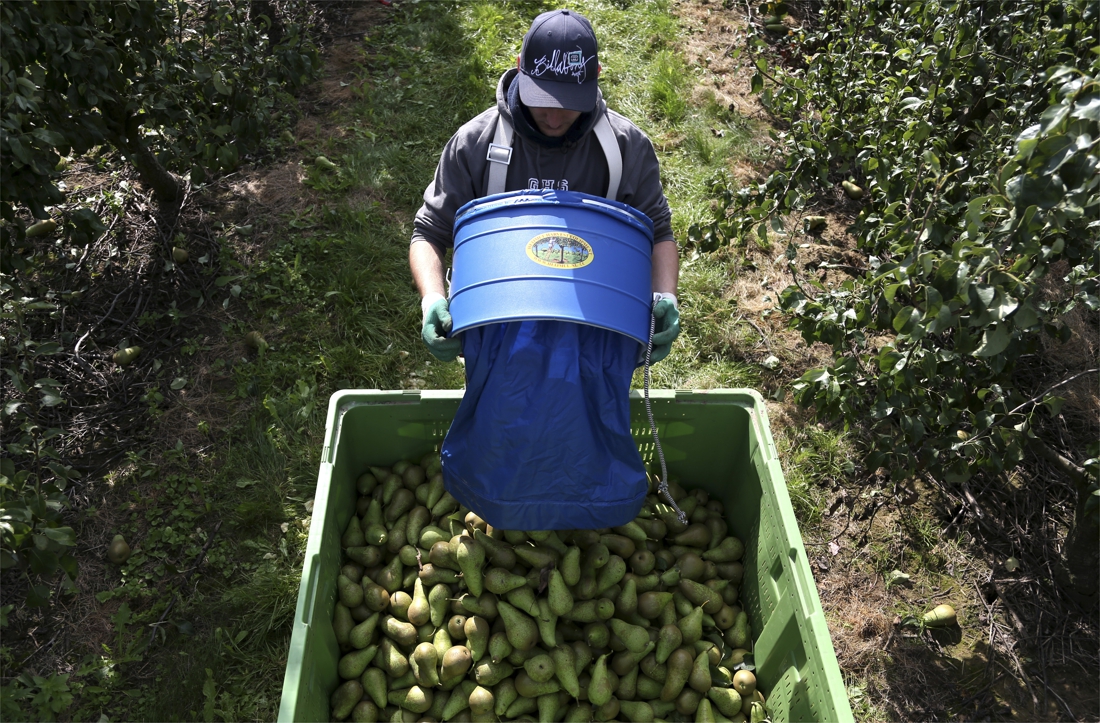After three years, there is an agreement within the EU on the agricultural policy. For the Greens, the reform is not enough in the light of the Green Deal.
–
What failed in May has now worked: the Member States and the European Parliament reached an agreement on the new agricultural policy from 2023.
One of the biggest points of discussion was the percentage of direct income support (Pillar 1) that goes to eco-schemes – money linked to green goals. Parliament went for 30%, the Member States did not want to go beyond 20%. According to the compromise, it will be 20% in 2023 and 2024 and then increase to 25% until 2027 – worth €48 billion. Member States must also use at least 10% of the first pillar money to support small and medium-sized farmers. At least three percent of agricultural land should go to biodiversity. There will also be more transparency about who receives the agricultural subsidies.
The Green group in Parliament predicts a repeat of the report published by the Court of Auditors this week. It showed that greenhouse gas emissions from agriculture did not decrease between 2014 and 2020, even though more than a quarter of agricultural expenditure went to a green climate policy. ‘What is being portrayed here as a success by the agricultural ministers, conservatives, liberals and social democrats is pure greenwashing. It is an agreement full of exceptions that perpetuates the failing subsidy policy’, says MEP Sara Matthieu.
But according to MEP Tom Vandenkdelaere (CD&V) ‘With the new agricultural policy, we are more than ever on the road to sustainability. Farmers who want to make additional efforts with regard to biodiversity and climate will receive extra support. I hope that the Member States will show even more ambition to support young farmers financially more than the 3% that has been agreed.’
What is also new is that the Member States are given more scope to flesh out European policy. ‘Flanders now has the opportunity to make better choices’, emphasizes Matthieu. ‘As liberals, we are convinced that this switch to a performance-oriented and targeted agricultural policy will benefit our Belgian farmers’, says Hilde Vautmans.
– .


